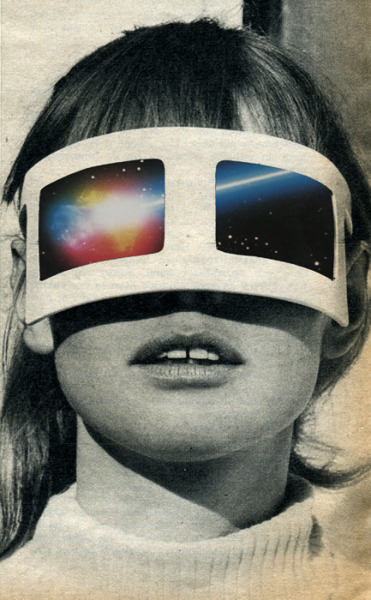
Jiddu Krishnamurti was known as an iconoclast who said: don’t follow any guru; with this message he won an audience of millions of followers. David Icke is a journalistic writer who states: don’t give away your authority to anyone; this has made him an authority for many.
Please forgive me, I am not criticizing these two people and their message, simply stating how human psychology works in these matters. Monthy Python playfully parodied this.
Looking at the world, its sad state of affairs – which has become increasingly clear since the first Covid lockdown four years ago and which still seems to be escalating through the most gross nonsense and forms of distraction from what is really going on – the question arises: Who can actually still be trusted?
There are many people who seem to support the people who oppose the New World Order, but then show their true faces. Donald Trump continues to praise Covid vaccines, I do not hear Robert Kennedy condemning the genocide in Palestine. We know images of both of them standing at the Wailing Wall in Israel; Anyone who puts his or her head against that is, in my eyes, corrupted and completely unreliable. Israel has America in its pocket. I also saw the president of Argentina, Javier Milei, wearing a yarmulke and crying in the same place. The world is one big cult for those who want to ride the prevailing power structures. I see no reason to trust anyone.
Or perhaps Hillary Clinton?

Then you have the critics who seemed to operate outside the power structures, such as Alex Jones. But it has now been neatly incorporated into Elon Musk’s company X. People who trust Elon Musk, because he is said to be in favour of free speech, are not paying attention. He is not for free speech, but for an algorithm that can be captured in the phrase: freedom of speech, not freedom of reach. Pure censorship of course. People who do not want to acknowledge this are eager to see a savior from the madness in which the world finds itself. Elon Musk is not that savior, nor is his adopted apostle Alex Jones. Elon Musk has been sending satellites into space for years to turn the Earth into a microwave and surveillance globe. He wants to plant fake intelligence in people’s brains. Not a savior, no, but someone who deceives everyone with his stammer and supposed genius.
I could mention many more names, but that is not my intention here. I want to find out: is anyone worth my trust? Isn’t the only credible answer to the question of who to trust the one you know yourself as the answer to? Why isn’t this the most obvious? Because people don’t know themselves. The only things they know are the acquired images that are imposed on them from an early age. Images that can be controlled by information. Reason why we can also speak of Infowar. This did not start with Covid, but has been going on for as long as self-reflection, and manipulation has also existed since then.
Only I can be trusted, but I have lent my trust to others and am afraid to take it back. So I can’t be trusted either. Recognizable? Then we are almost at the heart of the problem.
I am is also an illusion, a deception. Certainly, we cannot function without this sense of self in the modern world, but is it necessary to function there? The modern world is one big madhouse, where the sane are locked up and the biggest criminals wear nice suits. This continues as long as individuals (undivided) continue to behave as divided. Because they keep following the madmen.

I am not a follower of the Buddha, but I fully appreciate what I understood from him: life is suffering and suffering comes from desire. Wanting to belong to a group is such a desire. Those who manage to escape suffering are called self-realized, but there are bolder Buddhist teachers who completely deny the existence of a self. Who am I? Who asks the question? To whom does the question arise? Who is embarrassed by the question?
In my opinion, philosophical questions have never been intended to provide a complete answer, which always leads to disaster. Philosophical questions are there to arouse wonder, to rediscover silence and origin.
Have I said that you shouldn’t trust anyone? No, I trust people very often. But it is a bit more specific: I trust certain behaviour, but I do not trust other behaviour. I consider trust to be a very important social factor, through which relationships can develop and deepen. Every meeting starts with trust, until there is reason to the contrary. I trust someone’s actions here, not there. If my trust in someone is damaged, it is not actually the other person’s fault, but my lack of judgement.
In my opinion, every crisis of confidence is a lack of confidence in myself. Or in my not-self, bold Buddhists observed. Seeing where the problem of a decline in trust first arises is a matter of integrity. The world is crazy, who started this?
Thanks to the reader!